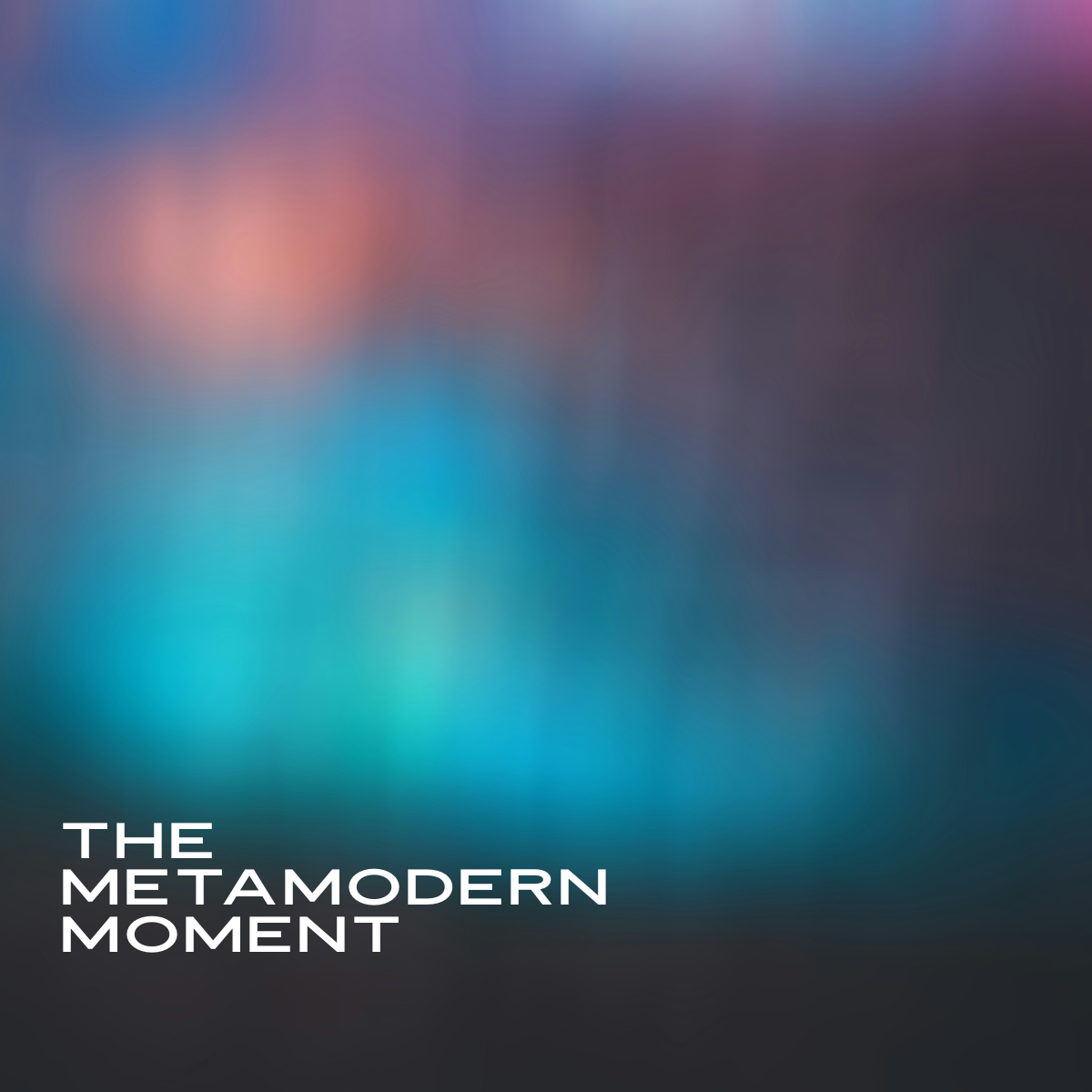Ministering in the Metamodern Moment: A New Challenge for Evangelicals
Over the last two decades, the church has bent itself into a pretzel, trying to reach postmodern culture. The emerging church rewrote worship, reimagined ecclesiology, and revised nearly everything but the gospel itself, all hoping to connect with people tired of certainty and hungry for authenticity. In many ways, postmodern deconstruction helped expose hypocrisy, cultural baggage, and shallow theology. But it also left many believers with little to rebuild on. Some of those shifts brought renewal. Others left confusion in their wake. Now, just as some leaders are settling into a rhythm, a new cultural moment has arrived that few are prepared to engage.
That moment is being shaped by something called metamodernism.
Unlike postmodernism, which dismantled truth claims and critiqued authority, metamodernism swings between sincerity and irony, idealism and skepticism, faith and doubt. It does not abandon the pursuit of meaning, but it navigates that pursuit with caution. It holds paradox without feeling the need to resolve it. It finds beauty in contradiction and hope in complexity. And increasingly, it defines the worldview of younger adults, especially Gen Z.
For evangelicals, this cultural shift presents both barriers and bridges to the gospel.
The barriers are often emotional and experiential. Many within this frame carry deep suspicions of institutions, especially those associated with religious authority. They are wary of rigid categories and moralistic messaging. They want space to question, wrestle, grieve, and doubt without being dismissed. They’ve seen too many faith communities respond to pain with platitudes, to mystery with control, and to culture with hostility.
Yet metamodernism also opens up unexpected bridges. Its openness to paradox echoes the very shape of Christian theology. The incarnation itself is a paradox, as are grace and truth, and the tension of already and not yet. Scripture is full of honest lament and bold hope, which resonates with a generation that wants to believe but refuses to pretend. Metamodern hearts may resist easy answers, but they are drawn to more profound stories.
In foresight terms, there are clear signals that point to this shift. You see it in cultural content that blends absurdity with transcendence, whether through thoughtful documentaries, imaginative storytelling, or long-form podcasts oscillating between humor and existential reflection. You see it in the tone of creators on social media who reject polish in favor of emotional vulnerability. You see it in the quiet return of spiritual hunger, not always named but deeply present.
Emerging trends point toward a reconstructed search for meaning. We see the rise of narrative-based education, trauma-informed discipleship models, and emotionally intelligent leadership frameworks. There is increasing emphasis on beauty, belonging, and story as essential to human formation. These trends reflect deeper shifts, not just in style but in worldview.
Behind it all, deeper drivers of change are at work. Institutional distrust is not surface-level. It is a generational response to broken promises and evangelical leaders' moral and ethical failures. Technological mediation has restructured how people form identity and community. Cultural fragmentation has created a hunger for re-integration of head and heart, reason and wonder, faith and realism. These drivers are not temporary. They are shaping the terrain for decades to come.
So what could the future look like?
Baseline: What if metamodernism becomes the new default sensibility in culture and younger evangelicals adapt by embracing tension, paradox, and layered expressions of faith?
Collapse: What if evangelicals misread the moment, doubling down on outdated categories and losing the ability to connect with future generations?
Transformation: What if evangelical leaders rediscover the gospel's power to speak into ambiguity and longing, offering a hopeful, embodied faith for a new cultural era?
We do not need to reinvent the gospel. We must embody it in a way that speaks across the divide between irony and sincerity. That will require emotionally wise leaders, congregations that listen well, and a renewed confidence in the power of truth that walks patiently with those still finding their way.
Before you rethink your entire ministry model, consider that this may not be a communication strategy problem to solve but an invitation to reshape how we do church with greater honesty and depth. Younger people are not chasing the next big thing. They are searching for something true enough to trust, even if it is ancient. The metamodern world is not asking for a rebrand of the church. It asks for a witness that is transparent, grounded, and willing to walk with people through beauty and brokenness without needing to tie it all up too quickly.
Keep exploring the signals, trends, and drivers shaping the future. Take the next step by engaging your ministry team in a conversation about what this future could mean for your context through Incite Futures Labs from Forbes Strategies. We help leaders anticipate change, navigate complexity, and build their preferred future. Let’s collaborate.

